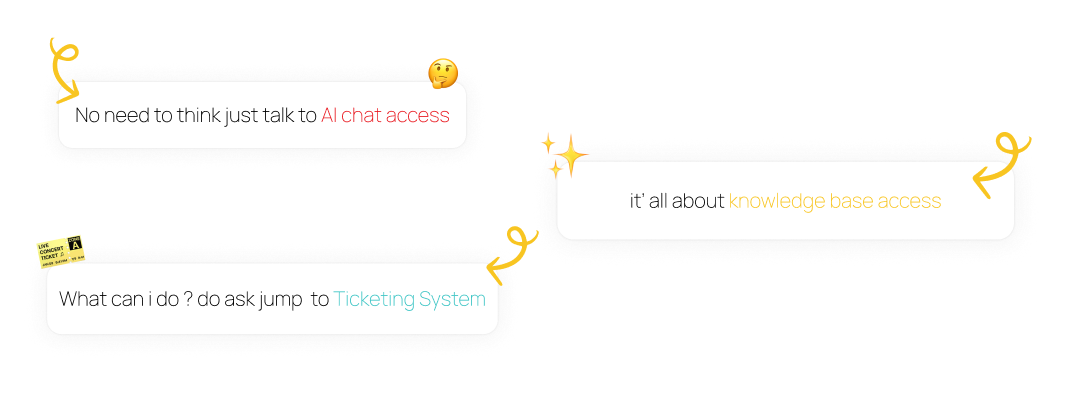Zenoti Integration
The Zenoti Integration retrieves purchase orders and sales invoices from Zenoti and generates corresponding Purchase Orders and Sales Invoices in BizCentric.
During the creation of these records, if the Customer, Supplier, or Item is not found in BizCentric, the system will create new Customer, Supplier, or Item entries by fetching the respective details from Zenoti.
How to Setup?
App Installation
- If you are hosting your BizCentric site on bizcentric Cloud, you can quickly install the app by going to your site Dashboard.
- If your site is hosted by bizcentric, please raise a support ticket to get the app installed on your site.
Prerequisite
- For each center in Zenoti, it’s necessary to establish a corresponding cost center and warehouse in BizCentric. These entities will be utilized in the Cost Center and Warehouse Mapping table within the Zenoti Settings in BizCentric.
- Items, especially those impacting stock, must be created. Utilize data import methods for this task.
- Opening stock entries should be generated using Stock Reconciliation within BizCentric.
- Item Tax Templates should be generated from Tax Groups in Zenoti, ensuring proper accounts and tax rates are applied.
- Establish an account dedicated to booking liabilities for the sales of gift or prepaid cards and tips. This account should be designated as the Liability Income Account for booking Gift & Prepaid cards within the Zenoti Settings.
- Ensure appropriate accounts are assigned to the various modes of payment. Additionally, include “Card,” “Custom,” and “Points” as modes of payment.
- Disable “Enable Perpetual Inventory” in the Company Master settings.
Important details for setting up Zenoti on BizCentric
To access Zenoti Settings, go to: Awesome search bar > Zenoti Settings.
- Last Sync: Indicates the date and time of the last synchronization of invoices.
- API Key: Obtained from Zenoti, it facilitates access to their API. If unavailable, it can be generated in the Admin > Setup > API section.
- Sync Interval: Specifies the duration, in hours, between each synchronization. Options include 1, 3, 6, 12, or 24 hours.
- Default Purchase Warehouse: Designates the warehouse for all Purchase Orders, typically the main center in Zenoti.
- Default Buying Price List: Necessary in BizCentric to maintain item prices. Can create a new list or use the existing “Standard Buying” provided by BizCentric.
- Default Selling Price List: Required in BizCentric for item pricing. Can create a new list or use the existing “Standard Selling” provided by BizCentric.
- Liability Income Account for Tips, Gift & Prepaid cards: Specifies the account used to book tips and sales of Gift & Prepaid cards.
- Default Customer Group: Assigns a specific customer group to new customers created during sales invoice synchronization. Defaults to “All Customer Group” if unspecified.
- Default Supplier Group: Assigns a specific supplier group to new suppliers created during purchase order synchronization. Defaults to “All Supplier Group” if unspecified.
- Cost Center and Warehouse Mapping: Maps all Zenoti centers to their corresponding Cost Centers and Warehouses in BizCentric within this table.
What will be synced or will have to be created manually
Item
Items must be initially created manually in BizCentric from Zenoti. Subsequently, items will be generated on demand during the synchronization of sales or purchase orders.
Item Tax Template
Item Tax Templates will be manually generated, drawing from Tax Groups in Zenoti as a reference.
Customer
Customers and Customer Groups will be generated as needed during the synchronization of sales invoices. In the absence of customer groups in Zenoti, the “Default Customer Group” specified in Zenoti Settings will be applied. If not specified in Zenoti Settings, the “All Customer Groups” will be utilized.
Supplier
Suppliers and Supplier Groups will be generated as required during the synchronization of purchase orders. In the event of absent supplier groups in Zenoti, the “Default Supplier Group” specified in Zenoti Settings will be employed. If not specified in Zenoti Settings, the “All Supplier Groups” will be utilized.
Warehouse
Warehouses must be manually established in BizCentric and linked with Zenoti Centers through the Cost Center and Warehouse Mapping table within Zenoti Settings.
Cost Center
Cost Centers need to be manually created in BizCentric and associated with Zenoti Centers through the Cost Center and Warehouse Mapping table within Zenoti Settings.
Employees
Employees must be initially added manually to BizCentric from Zenoti at the outset. Subsequently, they can be generated on an as-needed basis during the synchronization of sales/purchase records. Mandatory fields for employees include “Date of Birth” and “Date of Joining.” Therefore, when creating an employee from sales/purchase records, the “Date of Joining” will be set as the day the employee is created, and the “Date of Birth” will be set as 25 years before the “Date of Joining.” These details can be modified at a later time.
Purchase Order
Purchase Orders will be generated in Zenoti and synchronized with BizCentric by the end of each day. Suppliers and items will be created on an as-needed basis if they are new.
Note: Purchase Invoice from the Purchase Order have to be created manually.
Debit Note
Sales Invoice
Invoices will be automatically generated via API at the specified interval set in Zenoti Settings. Customers and items will be created as needed if they are new.
Credit Note
Credit Notes will be automatically generated based on Return Invoices in Zenoti, containing only products and excluding services.
Gift/Prepaid Card Sales
Each Gift/Prepaid card will be managed as individual items. These cards will serve as a mode of payment for future invoices, reflecting the payments made with them in Zenoti.
Stock Reconciliation
Stock reconciliation will be performed at the end of each day to synchronize stock levels.


